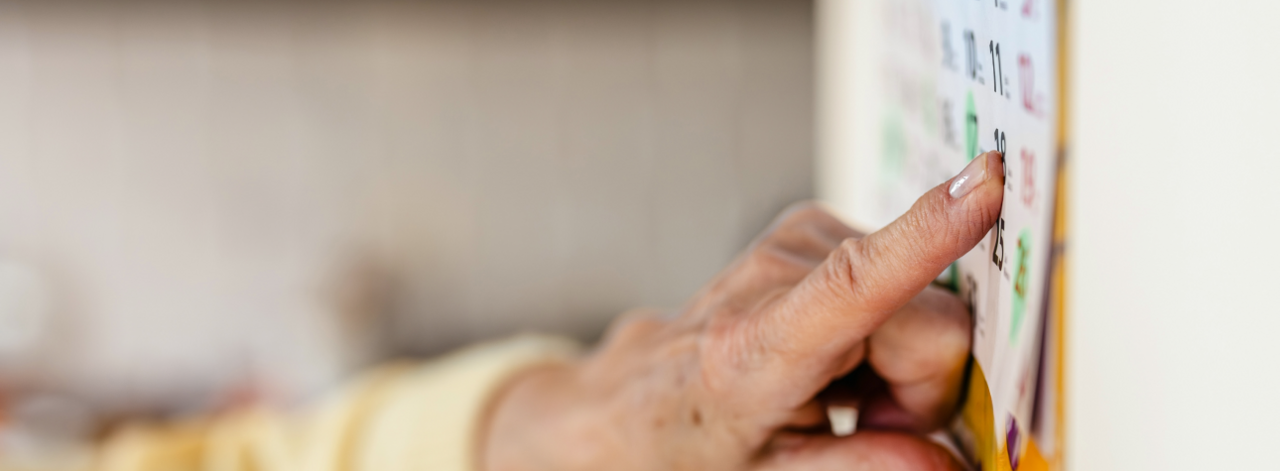According to the Ministry of Health's INCA (National Cancer Institute), women should start to have mammograms from age 50 and every 2 years
The Brazilian Society of Mastology, the Brazilian College of Radiology and the Brazilian Federation of Gynecology and Obstetrics Associations recommend the following:
- usual risk (most women): start at age 40 and have a mammogram annually. You should maintain this routine as long as you are in good health, with a life expectancy of more than 7 to 10 years,
- intermediate risk (women with dense breasts are included here): they should be submitted to mammography annually from the age of 40 and consider complementary ultrasonography
- increased risk (women with genetic or family factors, mainly breast and/or ovarian cancer in the family, in 1st degree relatives and young age) start mammography 10 years before the age at which the youngest relative with cancer was diagnosed. Evaluate (MRI) with contrast at annual interval
EXAMPLE:
A healthy 32-year-old woman who had a sister affected by breast cancer at the age of 45 (age at diagnosis).
This woman should start screening for breast cancer at age 35 (10 years before her sister's age of diagnosis), with mammography and MRI
At the Department of Mastology of the UNIFESP, we suggest that mammography and magnetic resonance imaging be performed annually, however interspersed by 6-month periods (for example, mammography every January and magnetic resonance imaging every July)



















